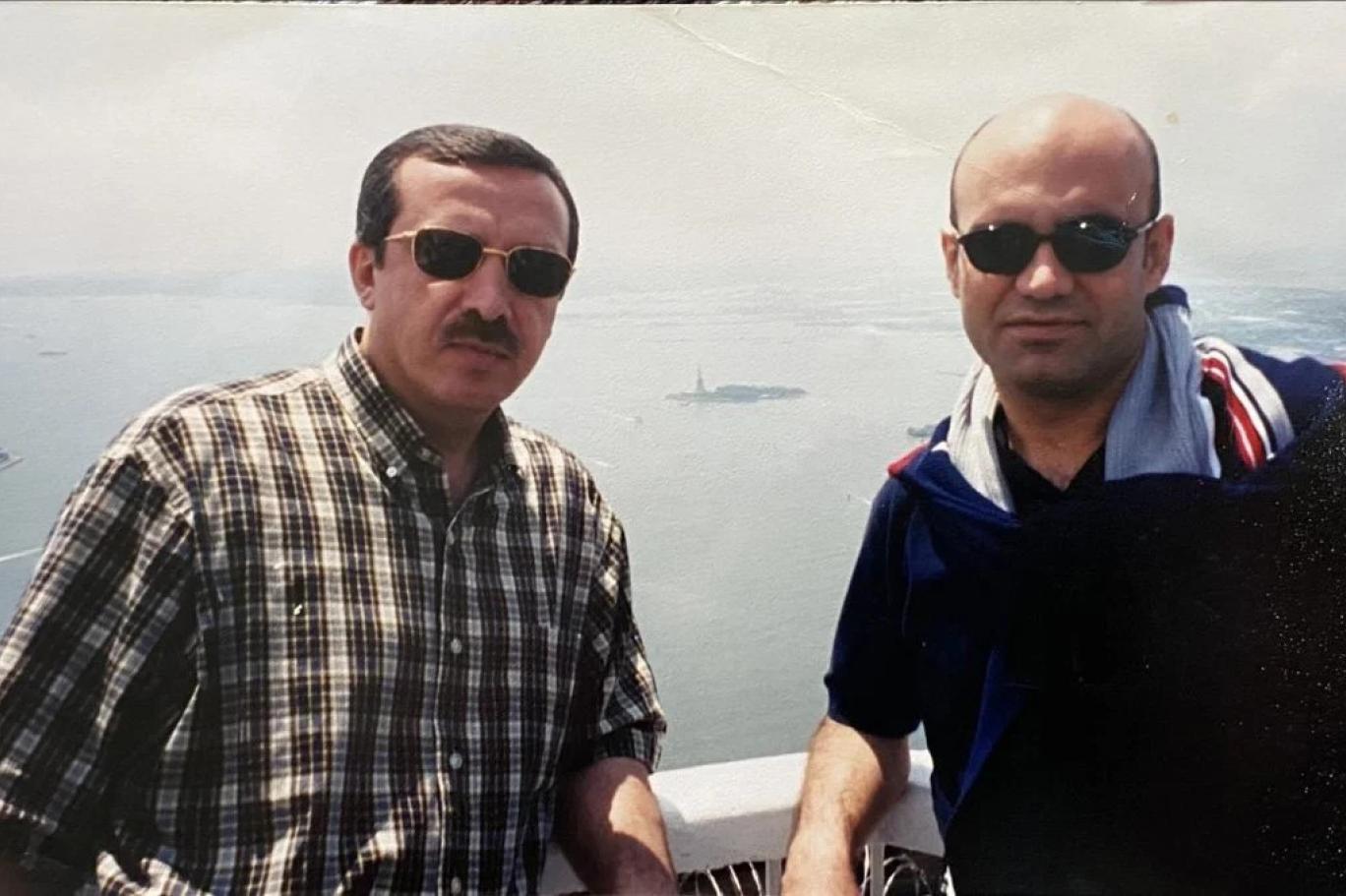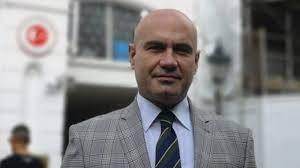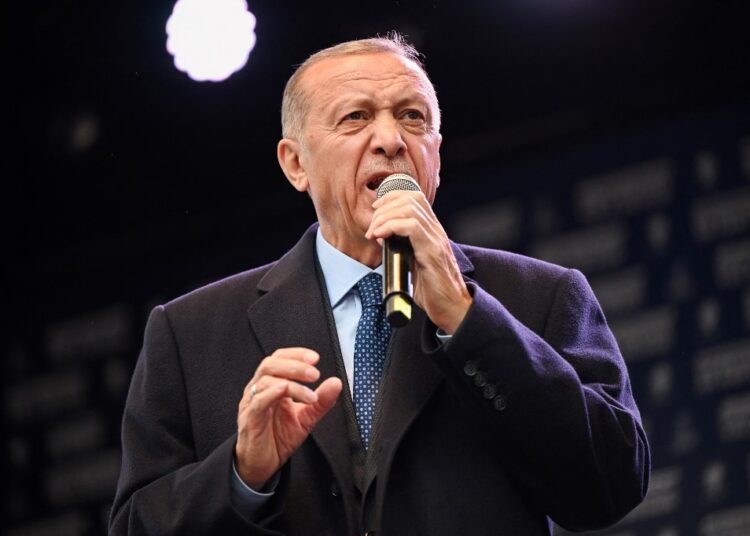Levent Kenez/Stockholm
In a speech delivered in parliament on Wednesday, the former private secretary and advisor of Turkish President Recep Tayyip Erdogan alleged that secret negotiations took place between Erdogan and American officials as well as Israeli agents before the establishment of his political party in 2002, claiming that Erdogan’s rise in politics was a result of secret agreements.
Turhan Çömez, a member of the opposition İYİ (Good) Party, responded to allegations from a ruling Justice and Development Party (AKP) lawmaker that US President Joe Biden supported the opposition bloc in the general election held in May.

Çömez, who served as Erdogan’s private secretary during the process of establishing the AKP between 2000 and 2002 and later became a lawmaker, stated he knew about all of Erdogan’s visits to the US during that period of time and had detailed knowledge of whom had been contacted and the nature of those contacts.
“During that period, I am very well aware of the negotiations that took place with the prince of darkness, Richard Perle, and what was achieved in return,” Çömez said.
“If you don’t believe me, then go and talk to Mr. Erdogan yourself. Ask him, ‘When AKP was being set up, did you leave everyone accompanying you and secretly meet with Israeli agents and Richard Perle in Washington?’ Just see what he tells you …” added Çömez.
Minutes of Çömez’s remarks in parliament:
Perle was a prominent neoconservative official who held an influential position in the administration of US President George W. Bush. Serving as a key advisor to Secretary of Defense Donald Rumsfeld, Perle played a pivotal role in shaping the course of the Iraq War. His involvement extended from 1987 to 2004, during which time he served on the Defense Policy Board Advisory Committee and held the position of chairman from 2001 to 2003.
Erdogan’s meetings with Perle and other American officials before becoming prime minister were kept secret from the public. Former Erdogan associates who had previously shared their accounts with the media revealed that Erdogan, coming from an Islamist and anti-American political background, had conveyed to his counterparts during these meetings that the party he intended to establish would not adopt an anti-American stance.
Perle recounted his meeting with Erdogan in mid-2002 during a conference organized by the American Enterprise Institute (AEI) in early 2004. He described Erdogan, who was then present in the room as the prime minister, to the guests.
Perle mentioned that his friend, Erdogan’s then-advisor Cüneyt Zapsu, had called him and asked if he would be interested in meeting the person who might become prime minister. Perle gladly accepted the invitation in 2002.
Perle said the meeting lasted for about two and a half hours. He shared his impression of the discussion, stating that he left the meeting convinced that Erdogan was a fortunate individual who would lead a nation where the people looked up to him. Perle described the him as someone who believed in the Turkish state, had faith in Turkish democracy and would lead the country in a new direction. He expressed the belief that Turkey had long needed new and youthful leadership.
The Erdogan visits to the US before he took office in 2003 are frequently used in conspiracy theories by the ultranationalist opposition, suggesting that contrary to his Islamist image, Erdogan was actually a leader who had a good relationship with Washington. Furthermore, they present a 2002 White House meeting as evidence to support the allegations when Erdogan was received by President Bush even though he did not hold an official state position due to a court ban on him from running for office . According to the ultranationalists, Erdogan, during his visits to the United States, agreed to cooperate with the US in the Iraq War and allowed the use of military bases in Turkey for the operation in Iraq by American troops.
However, on February 25, 2003, a motion was presented to the Turkish Parliament that granted authorization to the government for the deployment of the Turkish Armed Forces to foreign countries and the presence of foreign military forces in Turkey.
The motion sought permission from parliament for a period of six months, allowing the presence of 62,000 foreign military personnel, 255 aircraft and 65 helicopters in Turkey. Despite the request of then-prime minister Erdogan, the motion, which would have enabled the use of Turkey as a base for the US-led Iraq invasion, was rejected by parliament.

Çömez resigned from the AKP and decided not to run for re-election in 2007. He moved to the United Kingdom in 2008. In 2012, along with ultranationalist officers and civilians, he was involved in the Ergenekon trial, a case that aimed to dismantle the alleged deep state organization called Ergenekon, which was accused of plotting to overthrow the Erdogan government. However, after Erdogan reached an agreement with the officers who were tried in the Ergenekon case to purge bureaucrats and officers affiliated with the Gülen movement, a group critical of the government, Çömez’s legal cases were dropped and he returned to Turkey in 2020. Çömez was elected to parliament in the May 2023 elections. As a medical doctor by profession, Çömez had previously made striking statements about Erdogan’s health, revealing that Erdogan had secretly traveled to the US for cancer surgery and that he had accompanied him during the procedure.












